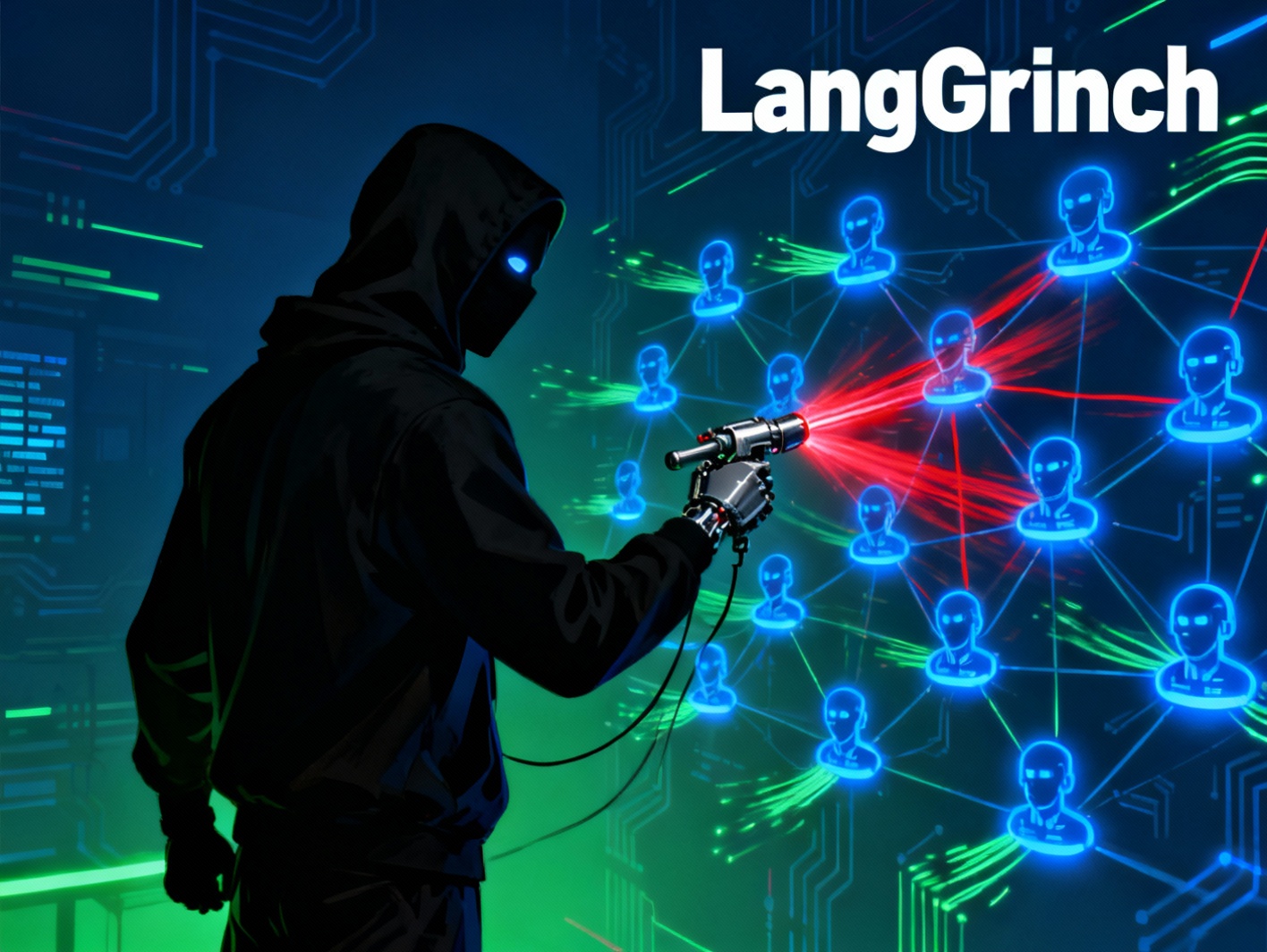
Table of Contents
- Introduction
- The Genesis of the Ubisoft-Tencent Partnership
- Introducing Vantage Studios: The New Creative Powerhouse
- Financial Implications and Market Reactions
- Strategic Goals: Elevating the Assassin’s Creed Franchise
- Leadership Changes and Their Potential Impact
- Looking Ahead: The Future of Assassin’s Creed
- Conclusions
Ubisoft has embarked on a bold new path with a substantial $1.3 billion investment from Tencent, marking a transformative period for its flagship franchises. At the heart of this partnership lies the newly established Vantage Studios, a move designed to revitalize key properties like Assassin’s Creed, Far Cry, and Rainbow Six. This collaboration reflects Ubisoft’s need to adapt to changing market realities and Tencent’s strategic interest in global gaming dominance. As both companies look to synergize resources and expertise, this deal promises to reshape the future of Ubisoft’s most iconic titles in profound ways.
The Genesis of the Ubisoft-Tencent Partnership
In recent years, Ubisoft encountered financial headwinds caused by shifting player preferences, underwhelming game releases, and fierce competition. Player engagement across several franchises had declined, and delays in major titles like Skull & Bones strained consumer trust. Amid these challenges, Ubisoft sought ways to remain competitive, prompting leadership to consider strategic partnerships that could reinforce both its financial stability and creative output. Tencent, already a global leader in gaming investments, saw a ripe opportunity in backing Ubisoft. The two companies began negotiating a substantial deal that would not just exchange capital but also exchange knowledge and development capabilities. The cornerstone of this agreement became the formation of a new, semi-autonomous development branch under Ubisoft, aimed at breathing new life into some of its signature franchises. This move aligned with Tencent’s interest in expanding its portfolio outside China, while Ubisoft benefitted from a much-needed financial boost. The outcome was more than mere funding—it was a realignment of strategy meant to put Ubisoft back on stable footing while delivering stronger franchises to a global audience.
Introducing Vantage Studios: The New Creative Powerhouse
Following the Tencent partnership, Ubisoft launched Vantage Studios, a new subsidiary with a clearly defined mandate: define the next generation of Assassin’s Creed, Far Cry, and Rainbow Six experiences. Vantage is staffed by elite developers unified from multiple Ubisoft studios, including Montreal, Quebec City, and Milan. This consolidation enables smoother communication, consolidated pipelines, and a central vision for future titles. A seasoned leadership team was installed at Vantage to offer strategic oversight while preserving flexibility. The studio aims to strike a balance between creative freedom and consistent franchise identity. Vantage’s creation also reflects a broader industry trend of forming focused studios to better align production with business goals. Instead of sprawling development across continents, Ubisoft is pulling talent into a centralized environment to optimize collaboration. This new model is expected to accelerate innovation, reduce redundancies, and ensure Vantage has the autonomy needed to take creative risks. By doing so, Ubisoft hopes to inject freshness into its core properties while Tencent gains broader exposure to premium Western IP development. Vantage is designed to be a scalable asset—one capable of delivering steady innovation while adjusting to market trends quickly.
Financial Implications and Market Reactions
Tencent’s $1.3 billion investment was not simply an equity infusion; it translated into a calculated financial transaction that provided tangible returns to both partners. The valuation of Vantage Studios at launch reached approximately $5 billion, a figure derived from Ubisoft’s projected earnings from remastered and new IP entries across its three core franchises. Tencent secured a minority stake of nearly 20% in Vantage, while Ubisoft retained strategic control to guide creative decisions. This deal provided Ubisoft with immediate liquidity used to stabilize long-term debt, invest in other core studios, and address declining margins. Financial analysts noted a near 12% spike in Ubisoft stock within 48 hours of the announcement, signaling renewed investor confidence. The clarity of the deal and the clear strategic direction Vantage represents reassured markets. Ubisoft’s strengthened balance sheet enables the company to avoid future cuts or layoffs while accelerating production on key titles. For Tencent, the investment offers solid returns from successful overseas properties and potential influence in content pipelines that might one day serve the Chinese market. Both companies have also structured revenue-share agreements around Vantage’s successes, making it a mutually beneficial venture focused on sustainable growth and profitability.
Strategic Goals: Elevating the Assassin’s Creed Franchise
With Vantage Studios taking over development leadership, the Assassin’s Creed franchise is now poised for substantial renewal. One major goal is to deepen narrative quality by integrating experienced RPG writers and immersive worldbuilding experts into the core team. Ubisoft and Vantage are prioritizing multi-layered storytelling that combines historical accuracy with interactive plotlines that evolve based on player choice. Another major initiative led by Vantage is to build out Assassin’s Creed’s multiplayer, something fans have long yearned for since its earlier installments. This would involve both competitive and cooperative modes situated in historical timelines. Efforts are also underway to introduce a sustainable free-to-play model that could keep players engaged year-round. Such model might include cosmetic-driven monetization and seasonal packs while offering cross-platform progression. Social elements are becoming a big focus too. Vantage is designing future titles to include dynamic community features—shared missions, cooperative events, and in-game economies that foster long-term interaction. These plans align with Ubisoft’s ambition of turning Assassin’s Creed from a series of standalone experiences into a connected universe that provides different kinds of adventures without losing its depth. If executed correctly, these changes could redefine the nature of role-playing franchises in the modern gaming landscape.
Leadership Changes and Their Potential Impact
In the midst of these sweeping changes, Marc-Alexis Côté, the longtime creative director and executive producer of Assassin’s Creed, announced his departure from Ubisoft. Known for his work on titles like Assassin’s Creed Odyssey and Assassin’s Creed Infinity, Côté played a crucial role in the modern evolution of the franchise. His exit marks a symbolic handover from the old guard to the new leadership at Vantage Studios. While Côté’s departure raises questions about continuity, insiders report that succession planning has been deliberate. Several senior designers and narrative leads have already stepped into more prominent roles, facilitating a smoother transition without creative disruption. Vantage Studios leadership is closely aligned with Ubisoft’s global creative council, ensuring franchise philosophy remains intact while new innovations are tested. The shift could also reflect a strategic desire to bring in new perspectives better aligned with Vantage’s bolder, risk-tolerant direction. Fans might notice a tonal shift in how future Assassin’s Creed titles approach storytelling or character design, but the DNA of the franchise will remain. While some purists may feel uncertain about this transition, Ubisoft appears confident that this generational change will allow the franchise to evolve while maintaining its legacy.
Looking Ahead: The Future of Assassin’s Creed
As the dust settles on both the Tencent deal and the formation of Vantage Studios, the future of Assassin’s Creed appears rich with potential. With broad resources and sharper focus, the franchise is expected to evolve on multiple fronts. One scenario includes episodic storytelling—shorter, focused games linked through a persistent universe model. This could allow players to explore different time periods while remaining anchored in a unified narrative. The adaptive development model of Vantage also allows for real-time content delivery, so live service elements may become a regular part of the series. Monetization strategies could shift toward seasonal events, deeper customization, and narrative DLCs, aiming to extend each title’s lifecycle. The mobile gaming space is also reportedly under consideration, expanding Assassin’s Creed’s accessibility to broader demographics. With Tencent’s digital infrastructure and analytics expertise, the franchise may integrate smarter AI systems and social matchmaking engines, helping players connect while exploring historical worlds. There’s talk of using machine learning for enemy behavior and dynamic world-building that evolves based on player actions. These innovations are not yet finalized, but they hint at an Assassin’s Creed that remains relevant, competitive, and compelling in a rapidly evolving market. If Vantage delivers on its promises, the franchise could regain its former place at the pinnacle of interactive entertainment.
Conclusions
Vantage Studios represents more than just another Ubisoft division—it symbolizes a strategic realignment fueled by Tencent’s investment, aimed at future-proofing Assassin’s Creed and its sister franchises. The departure of legacy figures like Marc-Alexis Côté, the studio’s rigorous new roadmap, and the deep financial structuring behind the deal all suggest Ubisoft is not just reacting to past pressures, but actively reinventing itself. If successful, this partnership may serve as a blueprint for how legacy companies can partner with global innovators to enrich their offerings and expand their audience. For fans of Assassin’s Creed, it signals a future full of ambitious possibilities and renewed storytelling depth.










